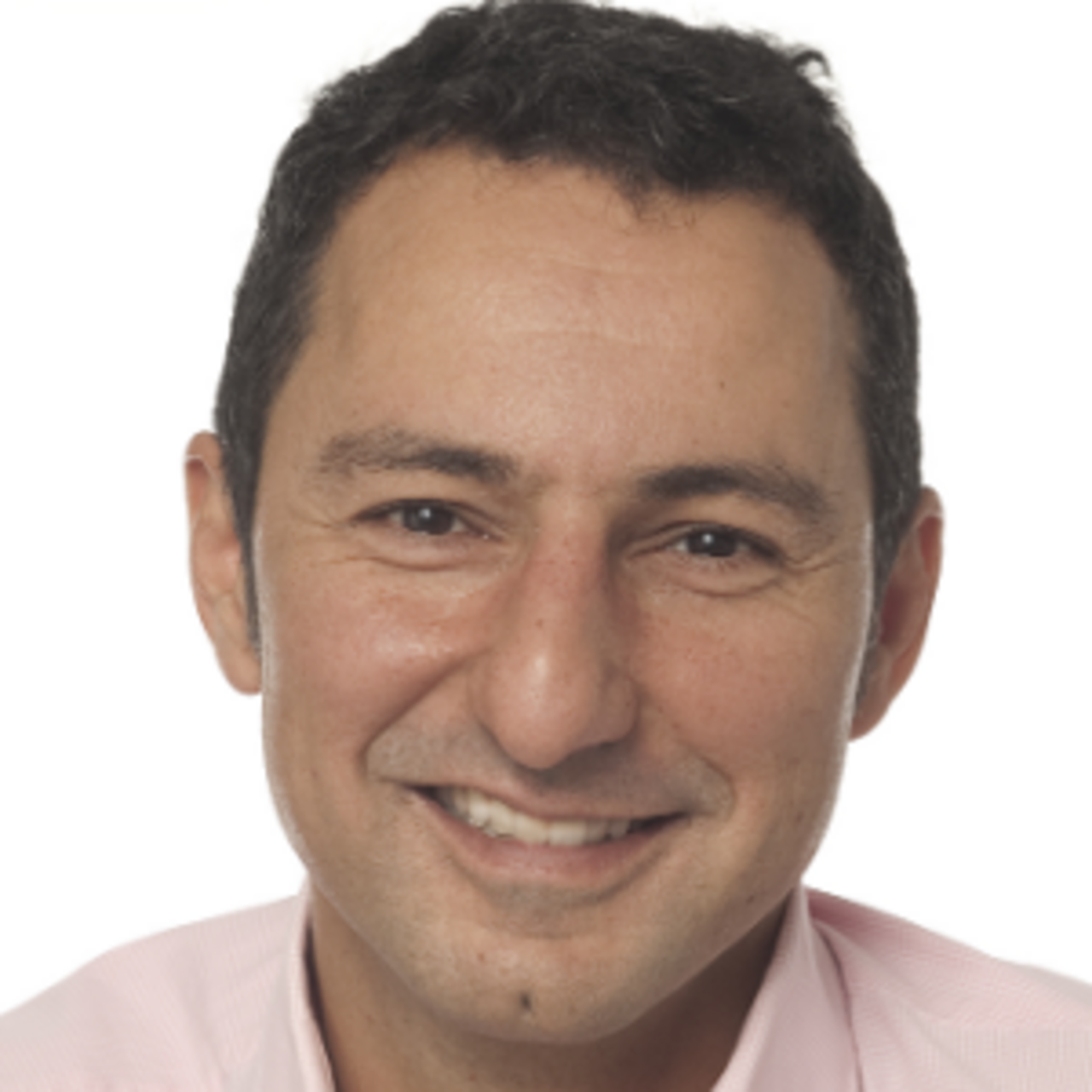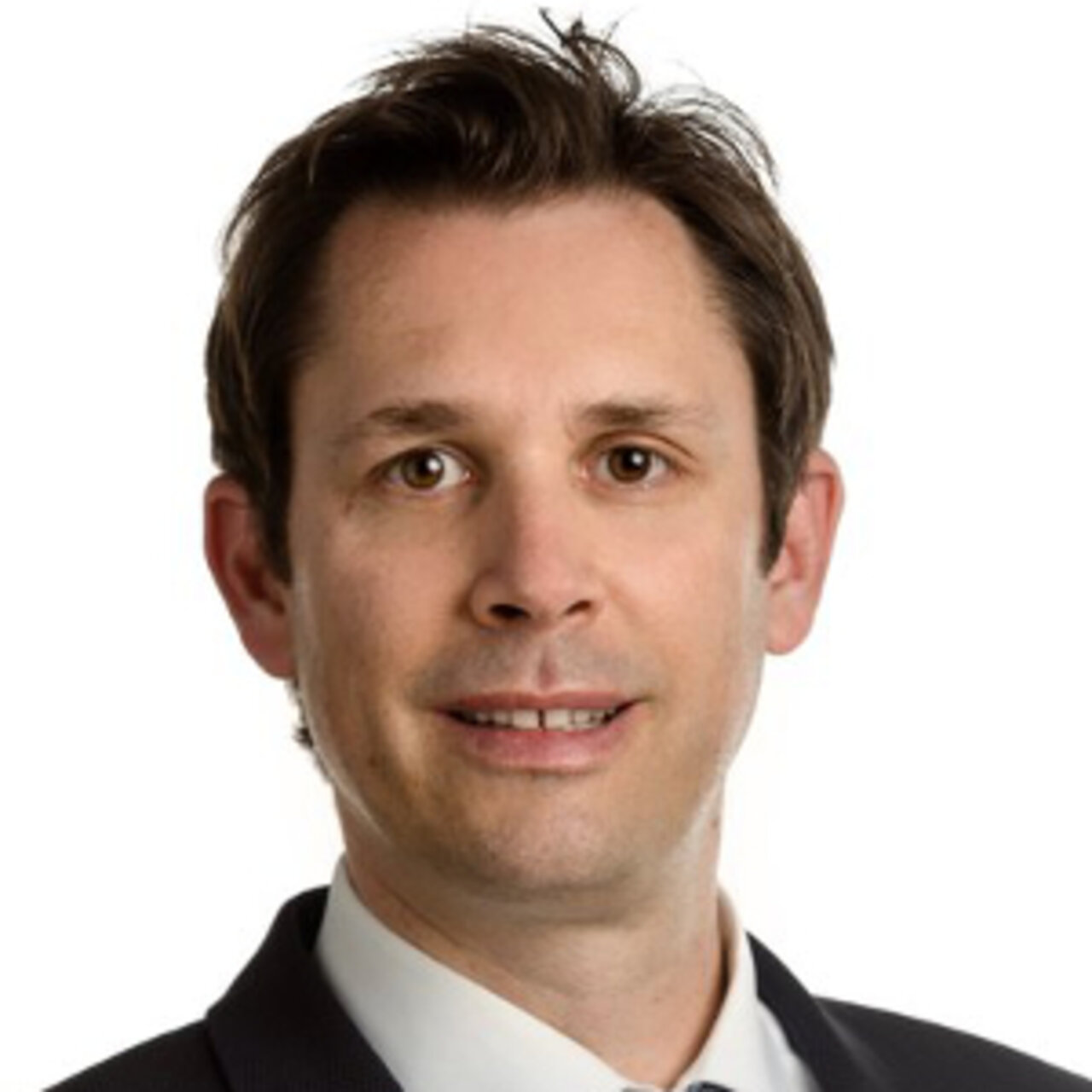Specialists in Radioimmunotherapy
2 Specialists found
Information About the Field of Radioimmunotherapy
What is Radioimmunotherapy?
Radioimmunotherapy describes a new form of cancer therapy. It combines the effects of radiation therapy with the advantages of immunotherapeutic agents with antibodies. The antibodies can dock specifically to the surface structures of cancer cells and leave healthy cells undamaged. These antibodies are linked to a radioisotope, which emits high-energy radiation with a minimal range and damages the diseased cell. Side effects for other organs and tissues of the body are not expected due to the antibodies' selectivity.
For Which Patients Is the Treatment Suitable?
Patients with a specific lymph gland cancer, CD20-positive follicular non-Hodgkin's lymphomas of the B-cell type, are treated with radioimmunotherapy in Germany. These are patients who have relapsed or are in the phase of disease regression after chemotherapy. The drug Ibritumomomab-Tiuxetan, trade name Zevalin®, with the radionuclide Yttrium-90, is used. Pregnant and nursing women are excluded from such therapy. Even patients with a known hypersensitivity to the antibodies used cannot be treated with this radioimmunotherapy. Furthermore, there are relative contraindications; in these cases, the decision lies with the treating physician.
Procedure
Radioimmunotherapy is uncomplicated and can be carried out in outpatient settings. On different treatment days, antibodies against the surface feature CD20 are applied into the bloodstream. On certain treatment days, the radioactive nucleotides are administered as a slow infusion. The radiation range is minimal and does not exit the body, so safety precautions with other people are not necessary. Acute side effects are rare, but fatigue, headaches, nausea, and hoarseness may occur. In the weeks following the therapy, there is a reduction of various blood cells. Therefore, routine blood count checkups are necessary within the first three months after treatment.
Costs
The costs for the applied medicines amount to approx. 13,000€. The cost approval must be requested individually from the health insurance company before the treatment.
Experiences and Chances
The international Phase III FIT (First-Line-Indolent Trial) study by Bayer-Schering included 409 patients in complete or partial remission after induction therapy. The study demonstrated that Zevalin® as consolidation therapy, i.e., in the stage of disease remission after treatment, to any first-line treatment for non-Hodgkin's lymphoma prolongs the success of disease remission and the time to disease-free survival. The drug has been approved in the EU since 2004 and is the only drug approved for radioimmunotherapy in Germany.
Which Doctors and Clinics Are Specialists in Radioimmunotherapy?
Patients who need a doctor want the best medical care. Therefore, the patient is wondering where to find the best clinic. As this question cannot be answered objectively, and a reliable doctor would never claim to be the best one, we can only rely on the doctor’s experience.
We help you to find an expert for your disease. All listed doctors and clinics have been checked by us for their outstanding specialization in radioimmunotherapy and are awaiting your inquiry or treatment request.
Sources
- Hagenbeek A, et al.: 90Y-Ibritumomab Tiuxetan (Zevalin®) consolidation of first remission in advanced-stage follicular non-Hodgkin’s lymphoma: Updated results after a median follow-up of 66.2 months from the international, randomized, phase III First-line Indolent Trial (FIT) in 414 patients. Blood 2010:116(21); Abstract 594
- Pezzutto A, et al.: 90Yttrium ibritumomab tiuxetan as first line treatment for follicular lymphoma. First results from an international phase II clinical trial. ASH 2010; Abstract 593

